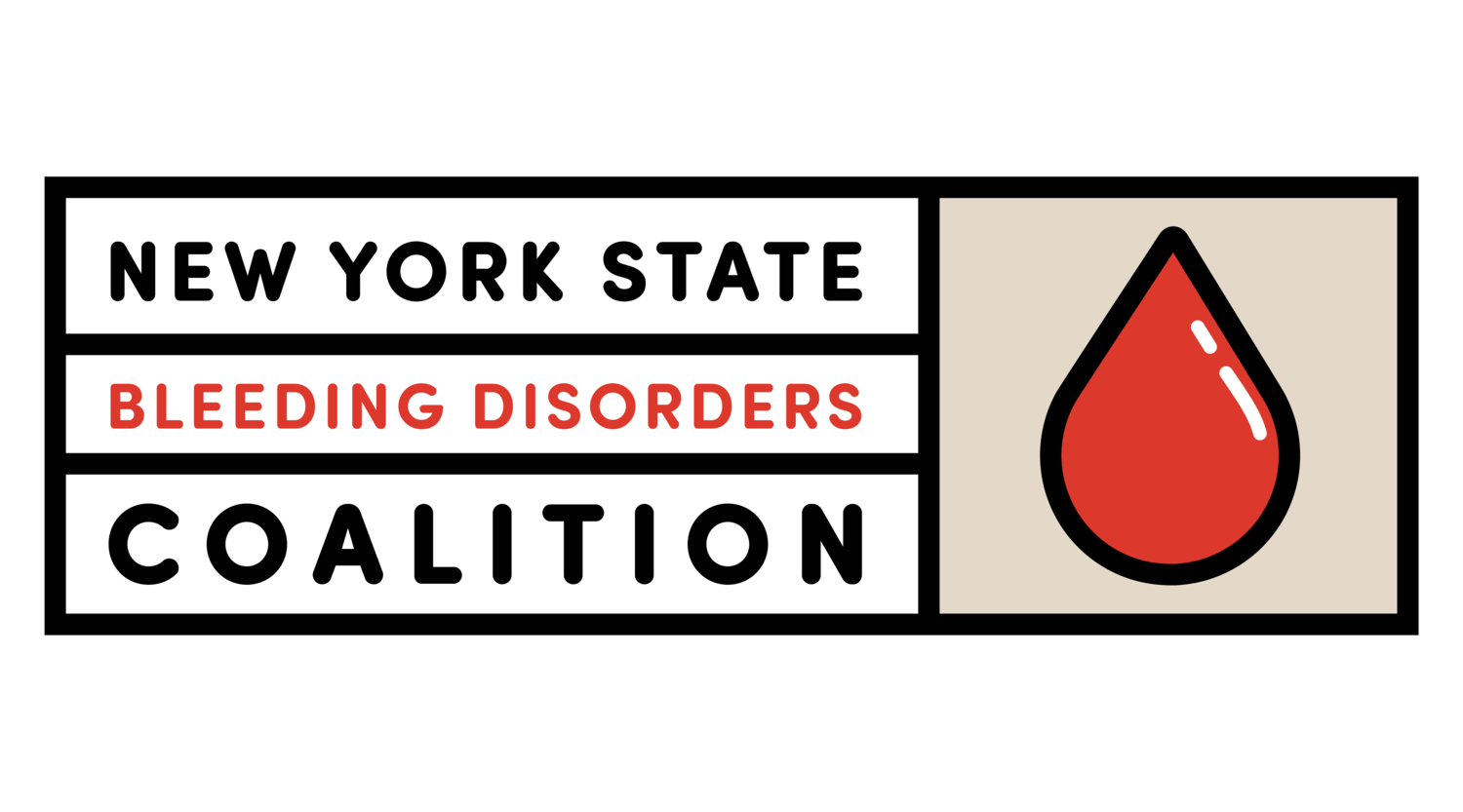pre-AUTHORIZATION REFORM
THE ISSUE
Pre-authorization is a practice used by health plans and Pharmacy Benefit Managers to manage the utilization of covered treatments and medications. Under pre-authorization, patients and/or providers must submit additional information to a plan or PBM to obtain selected treatments and medications. Each health plan and PBM may have their own pre-authorization rules and the process may require multiple submissions of information for an initial ruling. In the case of medications, pre-authorization may be required for every refill. If a request is denied, the appeals process may be lengthy and complex.
Excessive pre-authorization rules are a huge administrative burden for providers and often delay patient care, increasing the cost of treatment without promoting better health outcomes. The many problems with pre-authorization have been noted by a growing number of experts.
A 2018 consensus statement by the American Medical Association, American Hospital Association, America’s Health Insurance Plans, American Pharmacists Association, Blue Cross Blue Shield Association, and Medical Group Management Association called for pre-authorization reform to improve care delivery and administrative efficiency.
A 2018 report by the Kaiser Health Foundation found that when beneficiaries and providers appealed pre-authorization and payment denials, Medicare Advantage Organizations overturned 75% of their own pre- authorization denials during 2014-16.
A 2021 report by the New York Department of Financial Services Administrative Simplification Workgroup noted several steps plans can take to improve pre-authorization practices, including: removing the need for repeated pre-authorization for the same treatments/services, basing pre-authorization on evidence-based peer-reviewed criteria, and providing peer-to-peer reviews by plan medical experts knowledgeable about the patient and their condition.
A 2022 survey by the American Medical Association found that pre-authorization led to delays in care 94% of the time, 33% of doctors reported patients had experienced adverse health events due to pre-authorization delays, and on average doctors and their staff spent 14 hours each business week completing pre-authorization requests.
A 2023 CMS proposed rules change noted several burdens on payers, prescribers, and patients related to pre-authorization, including prescriber burnout and abandonment of treatment by patients, and proposes several reforms, including greater use of electronic processes, greater transparency of pre-authorization requirements and results, and time limits for responding to pre-authorization requests.
Patients with chronic, complex medical conditions, such as cancer, bleeding disorders, sickle cell disease, and multiple sclerosis, often must adhere to strict treatment regimens. These patients need to know they will receive their prescribed treatment in a timely manner and that it will not be altered for non-medical reasons. Excessive pre-authorization requirements are a special hardship for both patients and medical practices who often lack the resources to adequately manage the work imposed by pre-authorization requirements.
PROPOSED SOLUTION
S.3400 (Breslin) / A.7268 (Weprin) Currently in Senate Finance & Assembly Insurance Committees - requires:
Clinical review criteria utilize recognized evidence-based and peer reviewed clinical review criteria that takes into account the needs of a typical patient population and diagnoses
Changing the amount of time a utilization review agent shall make and communicate a determination from three business days to 72 hours, or within 24 hours of the receipt of necessary information if the request is for an enrollee with a medical condition that places the health of the insured in serious jeopardy without the health care services recommended by the enrollee's health care professional
An approval for a request for pre-authorization be valid for duration of the prescription, including any authorized refills, or treatment for a specific condition as requested by the enrollee's health care provider
We recognize the value of thoughtful practices which promote patient health while helping to manage care costs. By creating reasonable standards for pre-authorization, S.3400 will help to improve the quality and reliability of patient care in New York State.
additional Pre-authorization reform supporting documents
AMA 2021 Prior Authorization State Law Chart
CMS December 2022 Proposed Prior Authorization Rules - Fact Sheet
